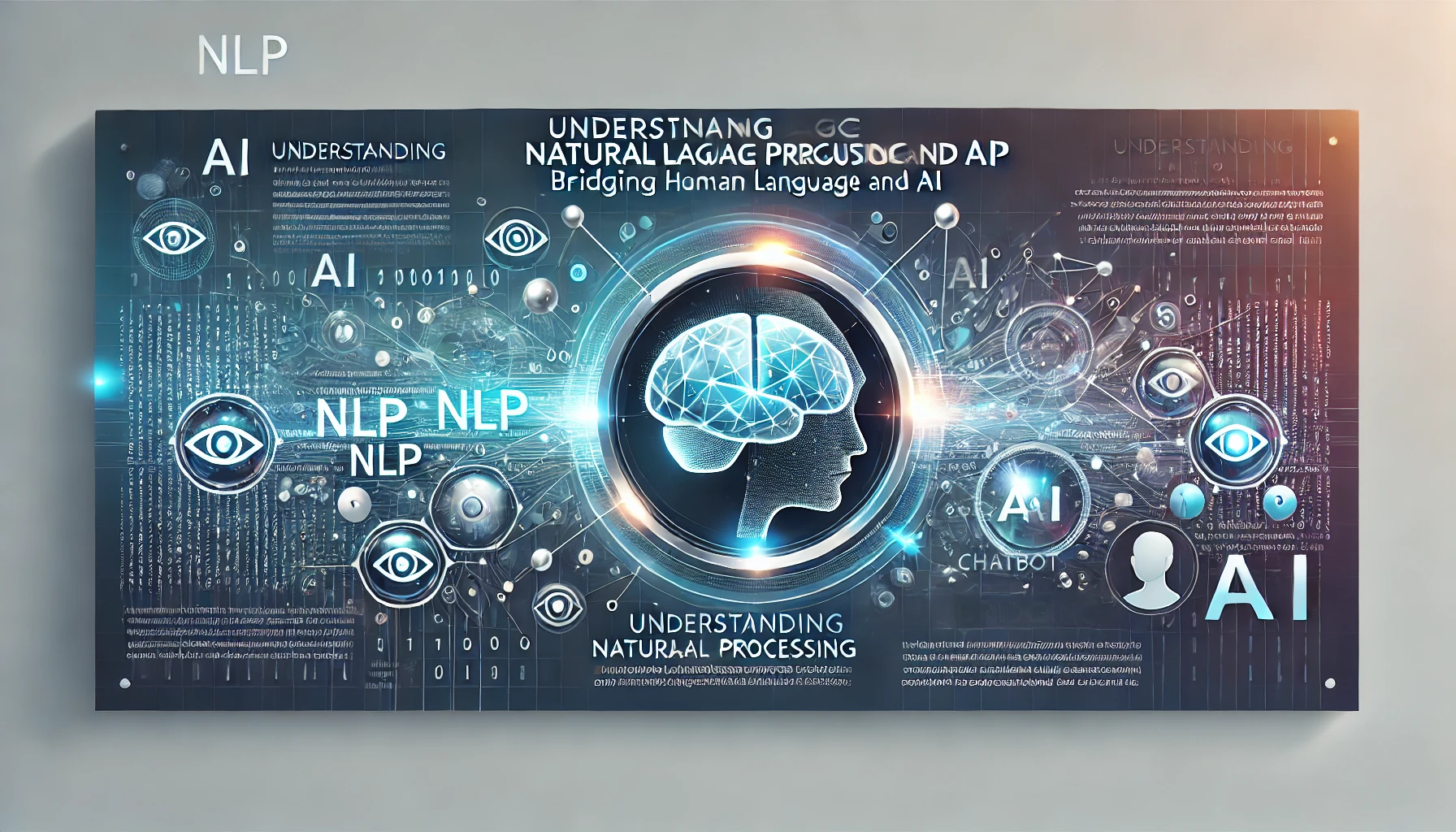Artificial intelligence (AI) is revolutionizing the world by opening doors to new opportunities across diverse sectors. Its transformative potential spans from streamlining business operations to enhancing healthcare outcomes and reshaping the education system. As AI technologies continue to evolve, they are enabling businesses and individuals to achieve unprecedented efficiency and creativity.
Introduction
AI, once a concept confined to science fiction, is now a critical driver of innovation. By automating tasks, analyzing vast data sets, and even mimicking human decision-making, AI is not just enhancing existing processes but creating entirely new possibilities.
From startups leveraging AI for customer insights to doctors diagnosing diseases faster, the opportunities AI provides are reshaping the way industries operate.
How AI Creates New Opportunities
AI is not merely a tool; it is a catalyst for growth, offering opportunities for efficiency, innovation, and problem-solving.
1. Enhanced Decision-Making with AI
AI algorithms analyze data faster and more accurately than humans. In fields like finance, predictive analytics help businesses make better investment choices. In marketing, AI tools optimize customer targeting strategies.
2. Automation of Repetitive Tasks
In manufacturing and logistics, AI-powered robots handle repetitive and dangerous tasks, freeing humans for creative and strategic roles. Similarly, in customer service, chatbots ensure 24/7 assistance.
3. New Job Roles in AI Development
AI is not just replacing jobs—it’s creating them. There is a growing demand for data scientists. Machine learning engineers and AI ethicists are also in high demand. These roles did not exist a decade ago.
4. Personalization Across Industries
AI enables hyper-personalized experiences. Streaming platforms like Netflix and Spotify use AI to recommend content. E-commerce sites use it to suggest products tailored to individual preferences.
AI in Healthcare: Opportunities for Better Outcomes
AI is revolutionizing healthcare by improving diagnostics, treatment, and patient care.
- Diagnostics: AI-powered imaging tools detect diseases like cancer at earlier stages with higher accuracy.
- Telemedicine: AI chatbots and virtual health assistants provide remote consultations and monitor patients’ health in real time.
- Drug Discovery: Machine learning accelerates the development of new drugs by analyzing complex biological data.

Education Transformed by AI
AI is reshaping how we learn and teach.
- Adaptive Learning Platforms: AI tailors educational content to individual students’ needs, ensuring they receive support where they struggle.
- Automated Grading: Teachers can focus on instruction while AI handles repetitive grading tasks.
- Virtual Tutors: AI-powered chatbots assist students with homework and exam preparation.
AI Opportunities in Business
Businesses are leveraging AI to gain competitive advantages.
- Customer Insights: AI analyzes customer data to predict trends and preferences, helping companies design better products and services.
- Supply Chain Optimization: AI enhances inventory management and predicts demand fluctuations.
- Marketing Campaigns: AI-powered tools optimize ad targeting, ensuring better ROI.
The Role of AI in Environmental Conservation
AI is also aiding environmental sustainability.
- Wildlife Monitoring: AI-powered drones track endangered species and combat poaching.
- Climate Change Mitigation: AI models predict weather patterns and analyze climate data to guide sustainable practices.
- Energy Efficiency: Smart grids powered by AI optimize energy distribution and reduce waste.
Challenges in Harnessing AI Opportunities
While AI offers immense potential, challenges remain:
- Ethical Concerns: The use of AI raises questions about privacy, bias, and accountability.
- Skill Gap: The rapid growth of AI demands a workforce skilled in machine learning and data analytics.
- Cost of Implementation: High development and deployment costs can be barriers for small businesses.
The Future of AI Opportunities
AI’s future lies in its integration with emerging technologies:
- AI and IoT: Combining AI with IoT devices creates smarter homes, cities, and workplaces.
- AI in the Metaverse: Virtual worlds will rely on AI for realism and interactivity.
- AI in Quantum Computing: This synergy will solve problems previously deemed unsolvable, opening new frontiers in science and technology.
FAQs
AI tools streamline operations, enhance customer engagement, and provide insights that help small businesses compete effectively.
While AI aids creativity by generating ideas and solutions, human intuition and originality remain irreplaceable.
Healthcare, education, retail, finance, and manufacturing are among the industries reaping the most benefits.
Learning AI-related skills, such as programming, data analysis, and machine learning, can help individuals stay relevant.
With cloud-based solutions and affordable AI tools, even small businesses can leverage AI technologies.
The lack of skilled professionals and concerns about ethical AI implementation are major hurdles.
Conclusion
Artificial intelligence is no longer a futuristic dream—it is a present-day reality creating opportunities across industries. By improving efficiency, fostering innovation, and addressing global challenges, AI holds the promise of a better, more connected future. Embracing AI responsibly will ensure that its benefits are shared widely and equitably.



